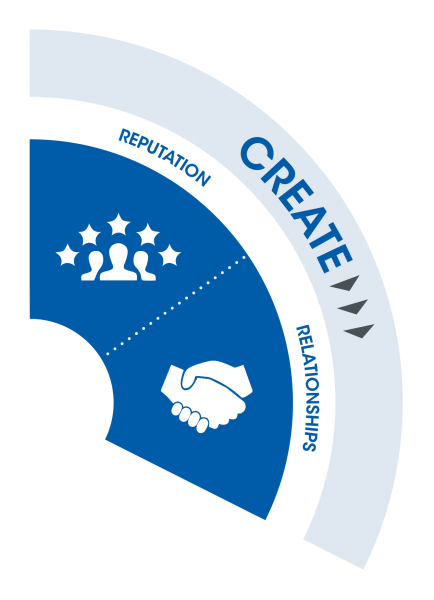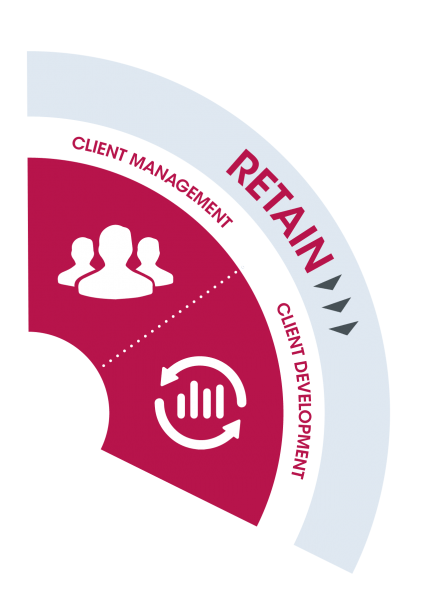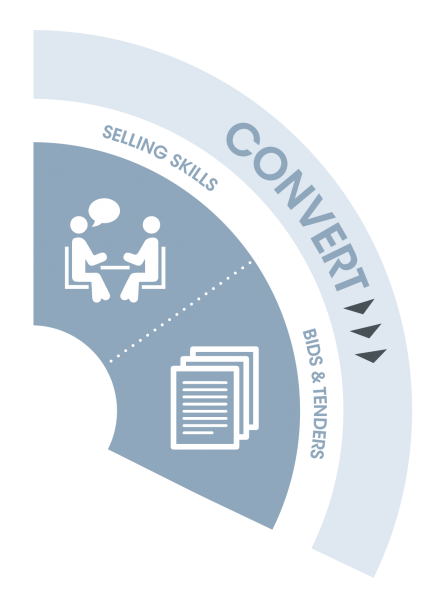First Impressions Count: Creating a positive impact at a first client meeting.
Whether your industry is engineering, law, property or the public sector, here are some ways you can prepare and optimise the opportunity at your first business development meeting with new clients. The Dos and Don’ts if you will, of creating the right first impression.
Respect
Treat everyone you meet from the organisation as you would treat the client themselves – you never know who is influential!
Don’t be late!
Always arrive a little earlier than the start time – this way you won’t be flustered and the client won’t be distracted by you being late.
Introduce Yourself
A receptionist’s life is usually a hectic one, so go out of your way to make their life easy. Introduce yourself and say your name clearly. You might want to present your business card so there is no misunderstanding. Explain who you are there to see.
Coffee?
If you are offered coffee at this point, politely refuse – it just gets in the way and you will probably get another chance once the meeting begins when you can join your host in a drink.
Take advantage of your surroundings
Reception areas are often full of client information. If you have time, take a look at any press clippings, annual statements, or in-house magazines. There might be some interesting things in any literature from your industry (from engineering and commerical to the public sector) that you can use as a conversation opener in the meeting.
Chat checklist for a Sales or Business Development Meeting
The most common topics of discussion at this point (in British culture at least) are weather and transport. Time to break the norm!
Be ready with one or two more interesting conversation topics – potentially things you found out while waiting in reception.
Positive comments about the environment you’re in and the greeting you received when you arrived show that you are attentive and appreciative…two good human qualities.
Make a link to how the meeting came about – perhaps you met at an industry or networking event, or someone referred you.
When you’re ready to turn the discussion to business, say,“Before we get onto the agenda, can I just check how you are for time?”

Our training is bespoke to each client – see our approach and how we can help your business grow.
 Getting to the ‘table’ of target clients
Getting to the ‘table’ of target clients

Are you targeting the right clients and speaking to them regularly? Don’t lose out to your competitors, develop your own action driven BD Plan.
Try our Espresso Shot Learning – Our 30 min live webinar to give your team the key points and latest thinking in Business Development and Client Relationship Management.
Latest insights

Six ways to use EQ – or Emotional Intelligence – to win more work
In this RICS article, Gary Williams of Questas, discusses EQ, or Emotional Intelligence,...

BD Training: Why It Fails and What Really Works
Having spent many years training professionals on how to sell, we’ve learned what really...

Negotiation Mastery: A Guide for Technical Experts
In a world where securing strong commercial agreements is essential, negotiation is not...

BD Training in Law Firms: Overcoming Barriers and Driving Effectiveness
In my two decades of training lawyers in the art of selling, I've witnessed both...






